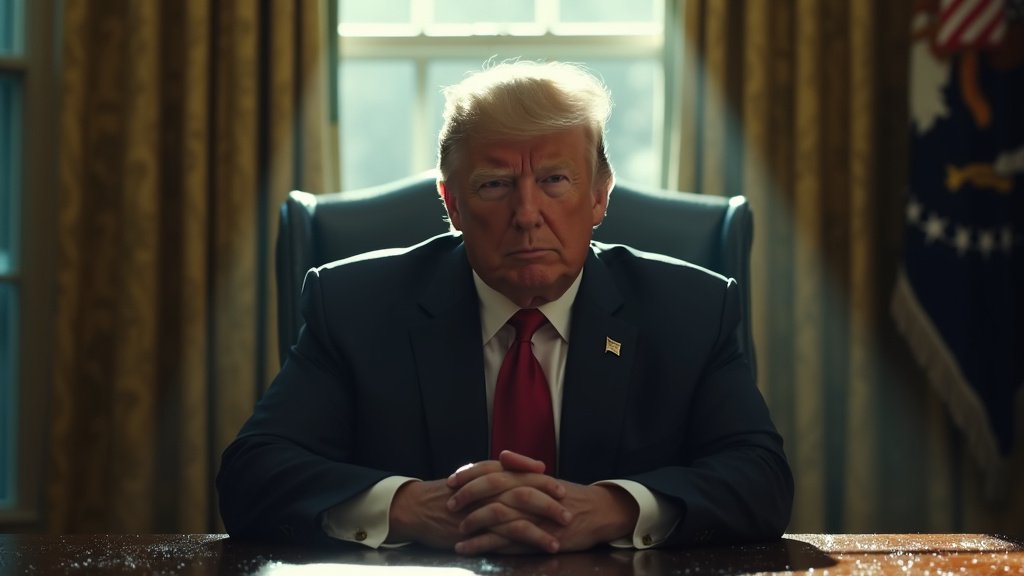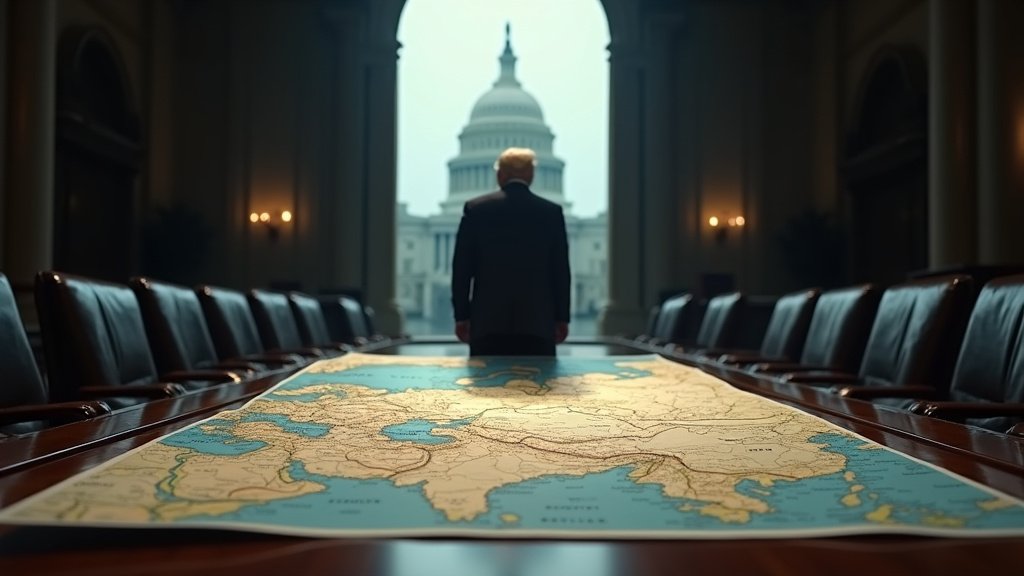Washington, D.C. — President Donald Trump enacted significant shifts in U.S. trade policy and outlined key diplomatic initiatives on July 8, 2025, signing an executive order related to reciprocal tariffs and announcing new levies on major Asian trading partners.
Trade Policy Adjustments
The President’s actions on trade centered on extending the effective date for certain reciprocal tariffs. An executive order signed on Tuesday officially moved the deadline for these measures from the previously set date of July 9 to August 1. The White House stated that this extension aims to provide additional time or flexibility regarding the implementation of these specific tariff provisions.
Importantly, the administration clarified that this new order does not alter the separate suspension of tariffs concerning goods originating from China. That particular suspension remains in effect, as established by Executive Order 14298, which was signed on May 12 of the current year.
New Tariffs on Japan and South Korea
In a separate, impactful development, President Trump also announced the imposition of new tariffs targeting goods from Japan and South Korea. These new levies will take the form of a 25% tariff on various imports from both nations. Like the extended reciprocal tariffs, these new tariffs are also scheduled to become effective on August 1, 2025.
In letters sent to Japanese Prime Minister Ishiba Shigeru and South Korean President Lee Jae-myung, President Trump explicitly cited the United States’ trade relationships with their respective countries as being “far from Reciprocal.” This sentiment served as the stated rationale behind the decision to implement the 25% tariffs, signaling the administration’s continued focus on bilateral trade balances.
Shifting Diplomatic Landscape
Beyond trade, President Trump addressed several critical areas of U.S. foreign policy.
He confirmed that the United States intends to hold talks with Iran. According to Middle East envoy Steve Witkoff, these discussions are tentatively scheduled to occur within the timeframe of the “next week or so.” This announcement signals a potential diplomatic engagement after a period of heightened tensions.
In addition to the planned talks with Iran, the President also reaffirmed the U.S. commitment to supporting Ukraine, stating unequivocally that the United States will send more weapons to the Eastern European nation. This comes amid ongoing conflict in the region and underscores continued military aid from Washington.
Middle East Discussions
Earlier this week, on Monday, July 7, President Trump hosted Israeli Prime Minister Benjamin Netanyahu at the White House. The meeting covered a range of bilateral and regional issues, but a key topic of discussion was President Trump’s proposed Palestinian relocation plan.
President Trump conveyed optimism regarding the reception of his plan, stating that the U.S. has received “great cooperation” from surrounding countries concerning its implementation. This suggests regional engagement and potential support for the controversial proposal.
Prime Minister Netanyahu offered strong praise for President Trump’s vision, describing it as “brilliant.” He further characterized the plan by referring to it as one based on “free choice,” highlighting a perspective focused on individual autonomy within the framework of the proposal.
The series of announcements and meetings on July 7 and 8 underscore the administration’s multi-pronged approach to international relations, simultaneously addressing complex trade imbalances and navigating intricate diplomatic challenges across the globe.











